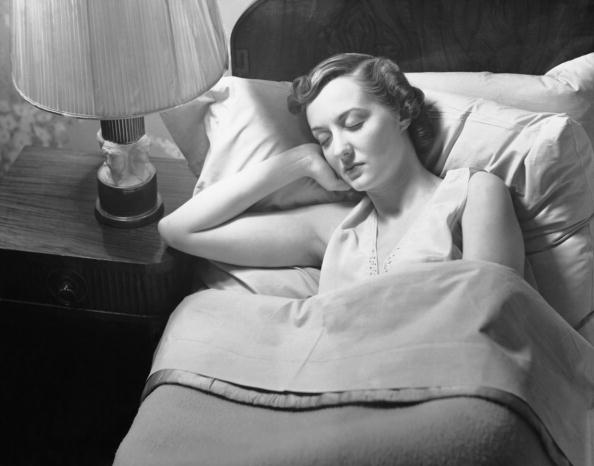
If you regularly have trouble sleeping, you may also be more sensitive to pain, according to a new study. The study also found that people with insomnia who also have chronic pain may have a much lower tolerance for pain.
The research was conducted in Norway and involved more than 10,000 people who were enrolled in a large study. The participants reported on their sleep habits, including the duration of their sleep, how long it took them to fall asleep, how often they suffered from insomnia, and how severe their insomnia was.
To measure their sensitivity to pain, researchers had the participants hold one of their hands in cold water for up to 106 seconds. This is a standard test for pain sensitivity.
One third of the participants were able to keep their hand in the water for the full length of time. But 42% of those who said they had insomnia took their hand out of the water before the test ended compared to 31% without insomnia. The severity and frequency of insomnia appears to be linked to an even greater reduction in pain tolerance. The incidence of a reduced pain tolerance was 52% higher for participants who had insomnia more than once a week compared to those with no insomnia. The incidence of a lower pain tolerance was 24% higher for those who had insomnia once a month.
"We found that all sleep parameters, except sleep duration, were significantly associated with reduced pain tolerance," the study reported. They concluded that impaired sleep significantly raised the risk for a lowered tolerance to pain.
The researchers said that it is not clear why there should be a relationship between pain and sleep problems. Although this study shows an association between pain tolerance and sleep problems, it does not prove that a cause-and-effect relationship exists.
The study was published in the journal Pain.
